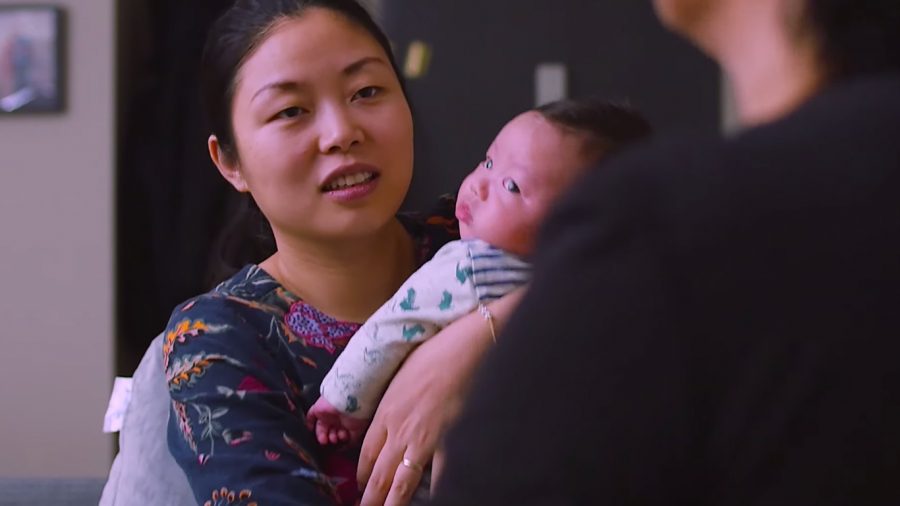As far as China is concerned, Nanfu Wang and Jialing Zhang’s documentary film “One Child Nation” does not exist. The film was wiped clean from any reporting platforms in China — according to Wang, there were no reports of it winning the Grand Jury Prize at the 2019 Sundance Film Festival, although the festival itself was covered. It was taken down from the Chinese equivalent of IMDb, replaced by a page that says, “This film does not exist.”
Why? For the very same reason the film was made at all — government censorship and propaganda. “One Child Nation” reveals the ugly face of China’s one-child policy — a policy implemented in 1979 that limited couples to one child to tackle overpopulation. The policy sparked many morally questionable actions, including abandoning babies to die, human trafficking, government-sanctioned abductions and abortion. NYU alumna Wang, narrating the film, returns to her homeland to uncover these acts by telling the stories of those affected by the policy, including her own family, and digs deep at the wider notion of mental sovereignty.
The film is littered with images of propaganda throughout: writing on walls, posters and television shows praising the Chinese government and their policy. It’s almost comical how blatantly the so-called advantages of the one-child policy are thrown in our faces, but the impact of this propaganda is far from funny.
“Policy is policy” is the sentiment echoed by most Chinese people when Wang asks their views on the policy. This defeated resignation — this “shared sense of helplessness,” in Wang’s words — prevails throughout the film, from a village chief recounting how he had to carry out forced sterilization to a government official proclaiming that she had to place the national interest above her own. The film also features a midwife who admits to killing about half a million babies, so distraught that she has retired from being a state doctor and treats infertility to “atone for her sins.”
“We didn’t make the decision, we only executed orders […] but I was the executioner. I killed those babies, didn’t I?” she asks at one point. This is the central struggle faced by those who had helped the government enact the policy — how can one bear the consequences of a choice they did not make?
The film then turns to the families torn apart by the policy. Wang’s uncle breaks down in tears recounting how he left his baby daughter to die in a marketplace. One family had a twin daughter taken forcibly by government officials, and when interviewed, her sister tearfully laments the life she could have had with a twin by her side, a life she will never get back. An U.S. couple is shocked to find out that the Chinese orphan they adopted was never really an orphan at all.
The film does not shy away from showing the horrors that have resulted from the policy — one section of the film is a montage of images of fetuses wrapped in biohazard bags strewn amongst the trash. Human life reduced to waste — the mentality that the Chinese government’s propaganda instilled in the people, in a nutshell.
Wang’s outrage at the government’s crime against humanity injects a bias into the documentary, but it is the policy’s impact on her own life that makes for such an emphatic, illuminating commentary on free will. In a final reflection, she notes the irony of her moving to the U.S., from a place where abortion was forced to one where it continues to be restricted — in the end, the same question emerges: what choice do we really have?
“One Child Nation” can be streamed on Amazon Prime.
A version of this article appears in the Monday, Nov. 11, 2019, print edition. Email Megan Chew at arts@nyunews.com.























































































































































